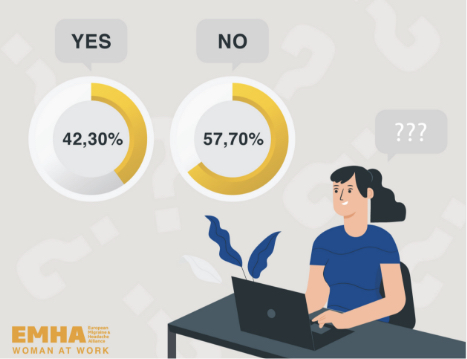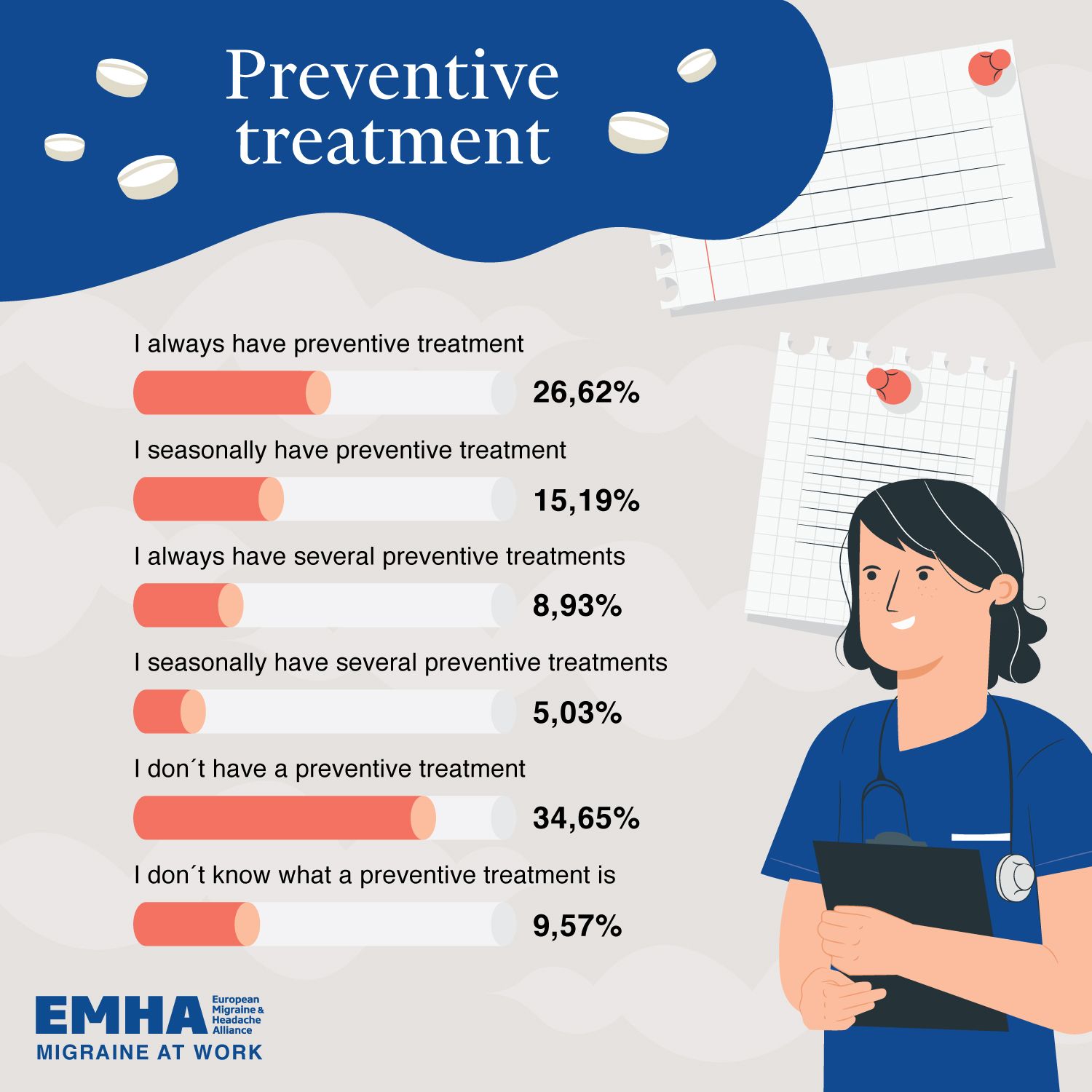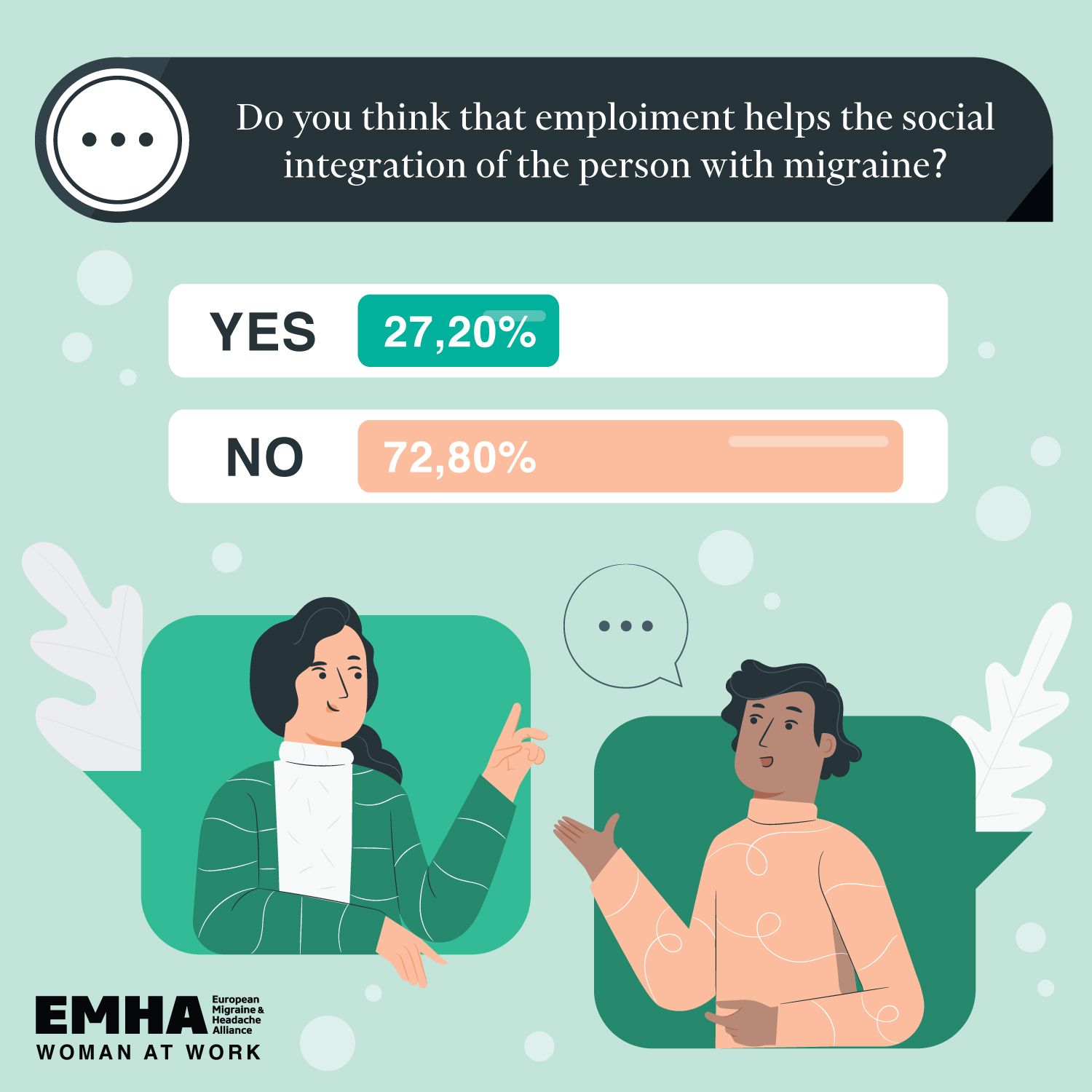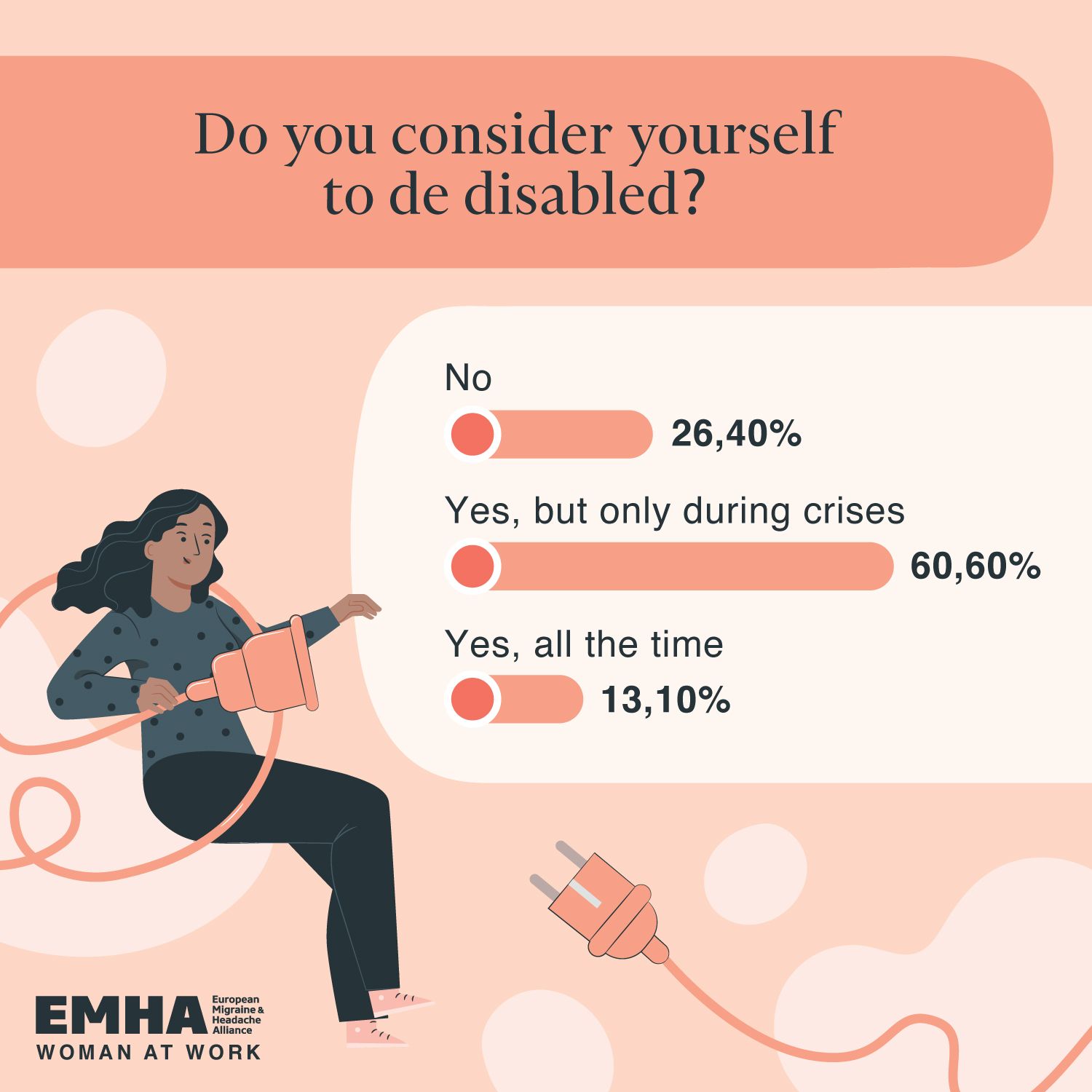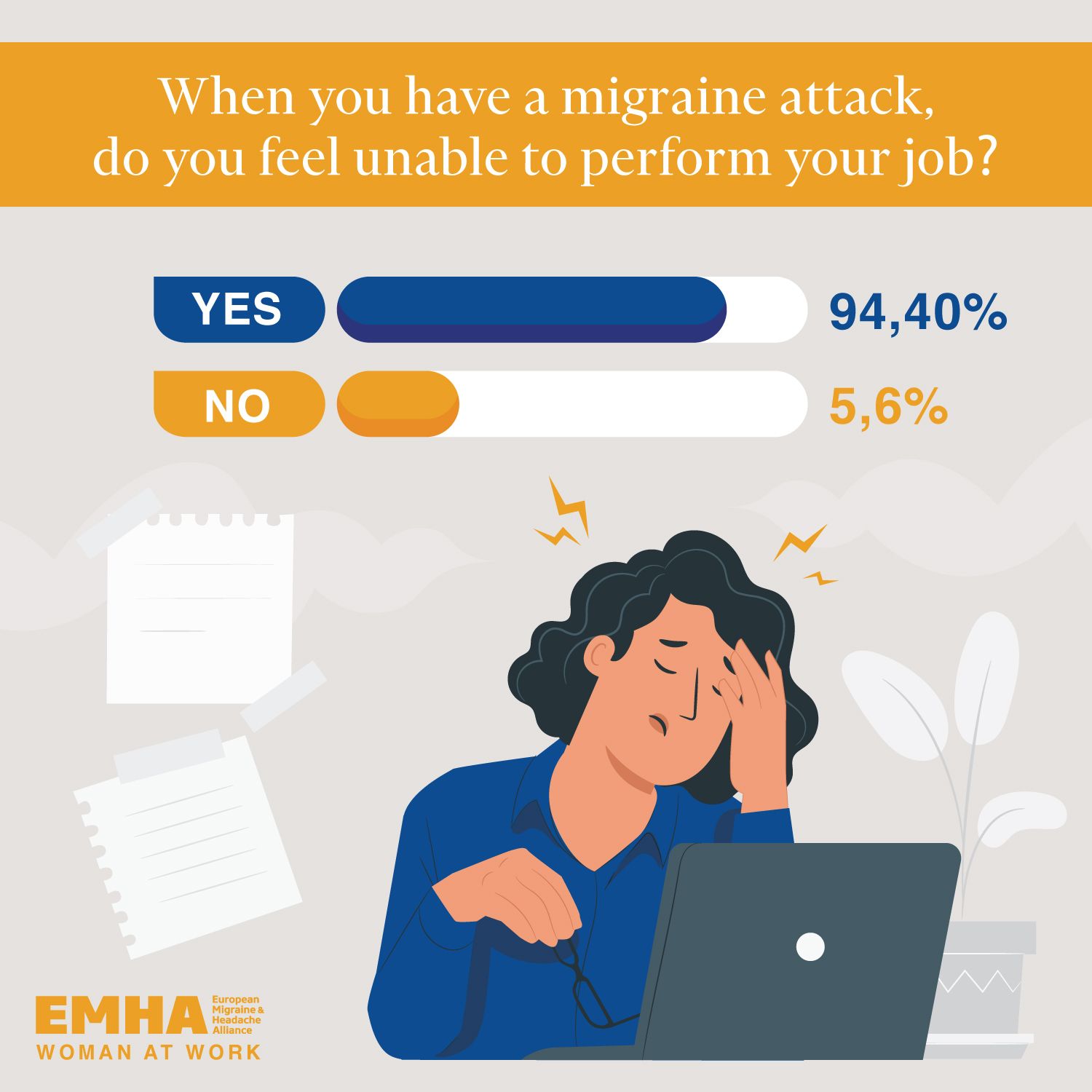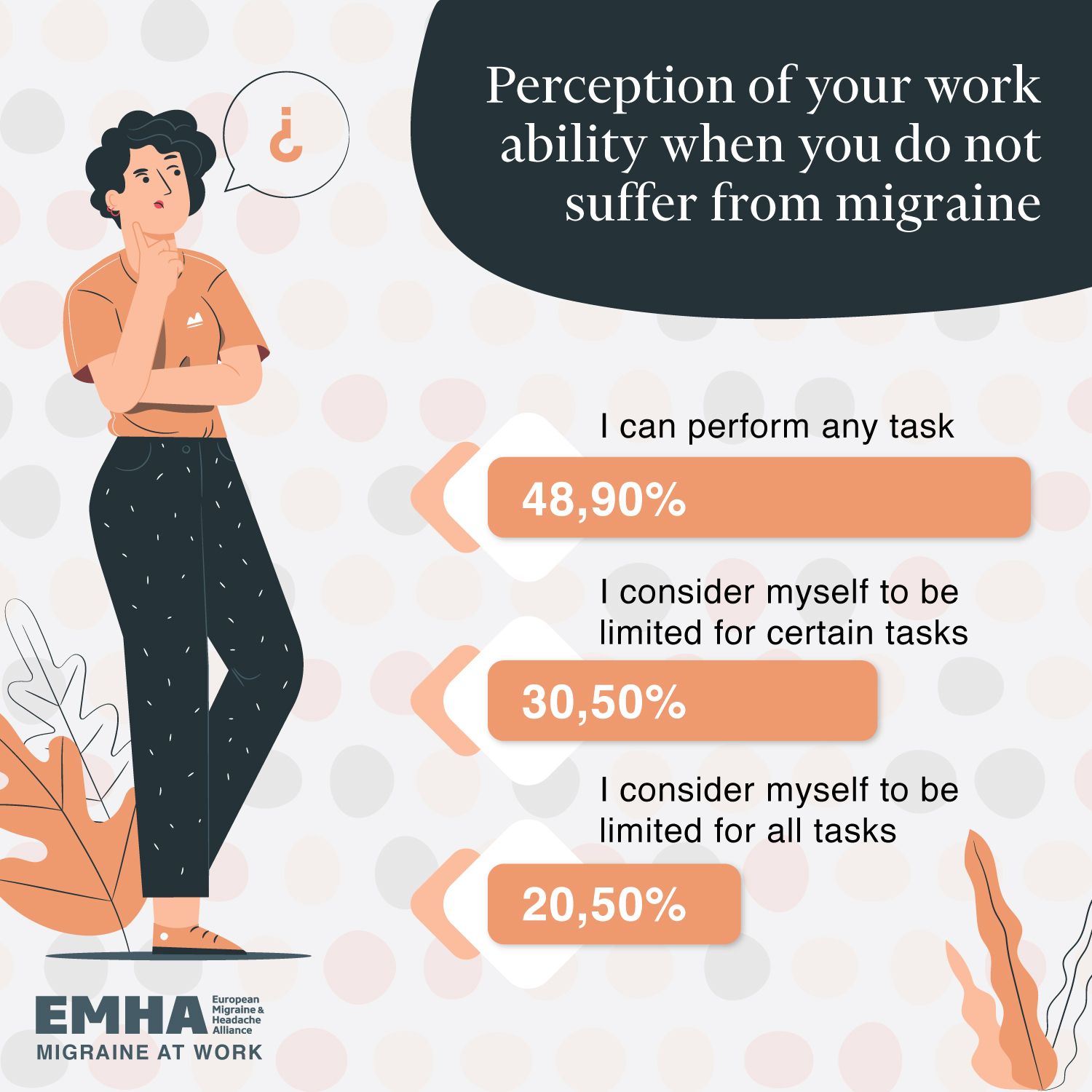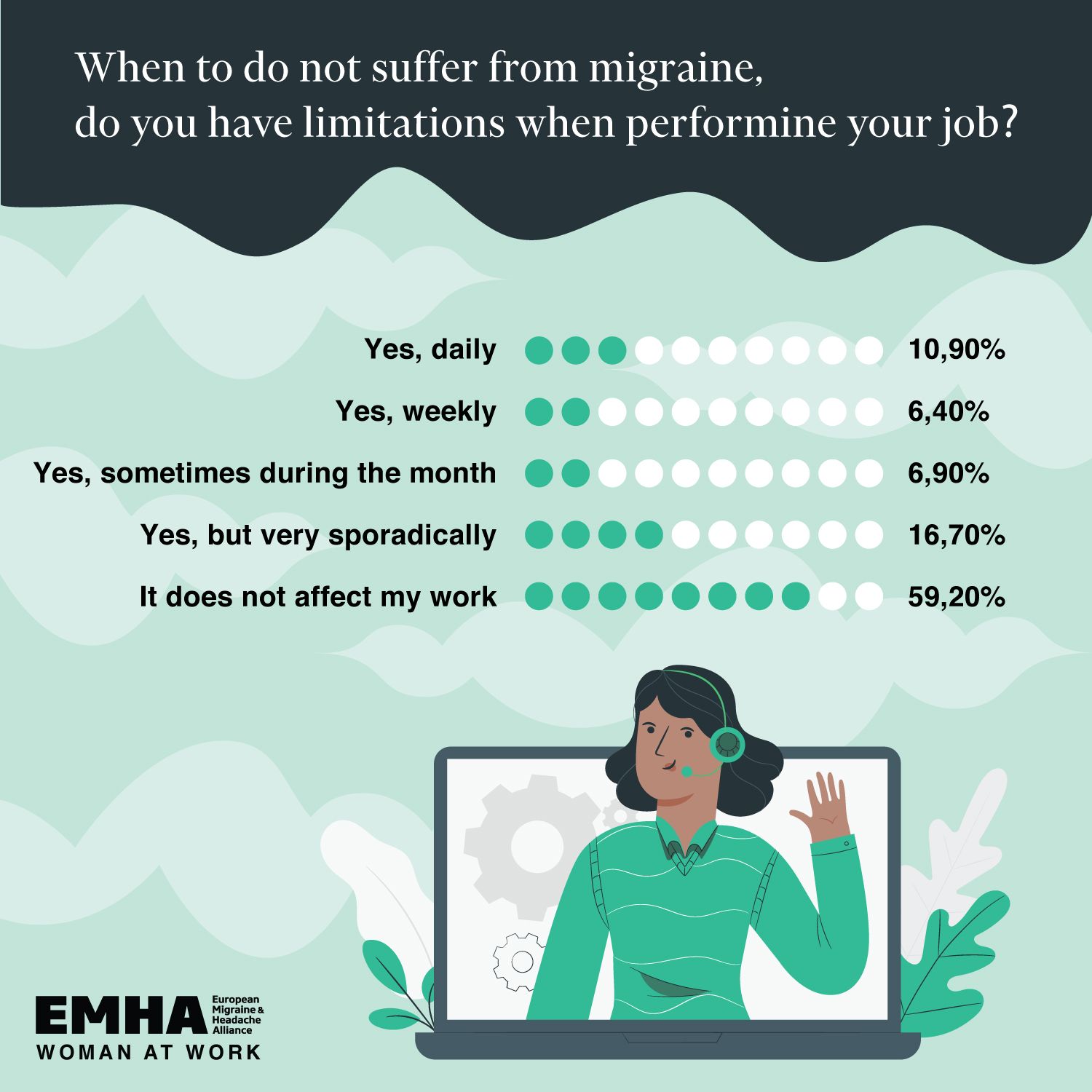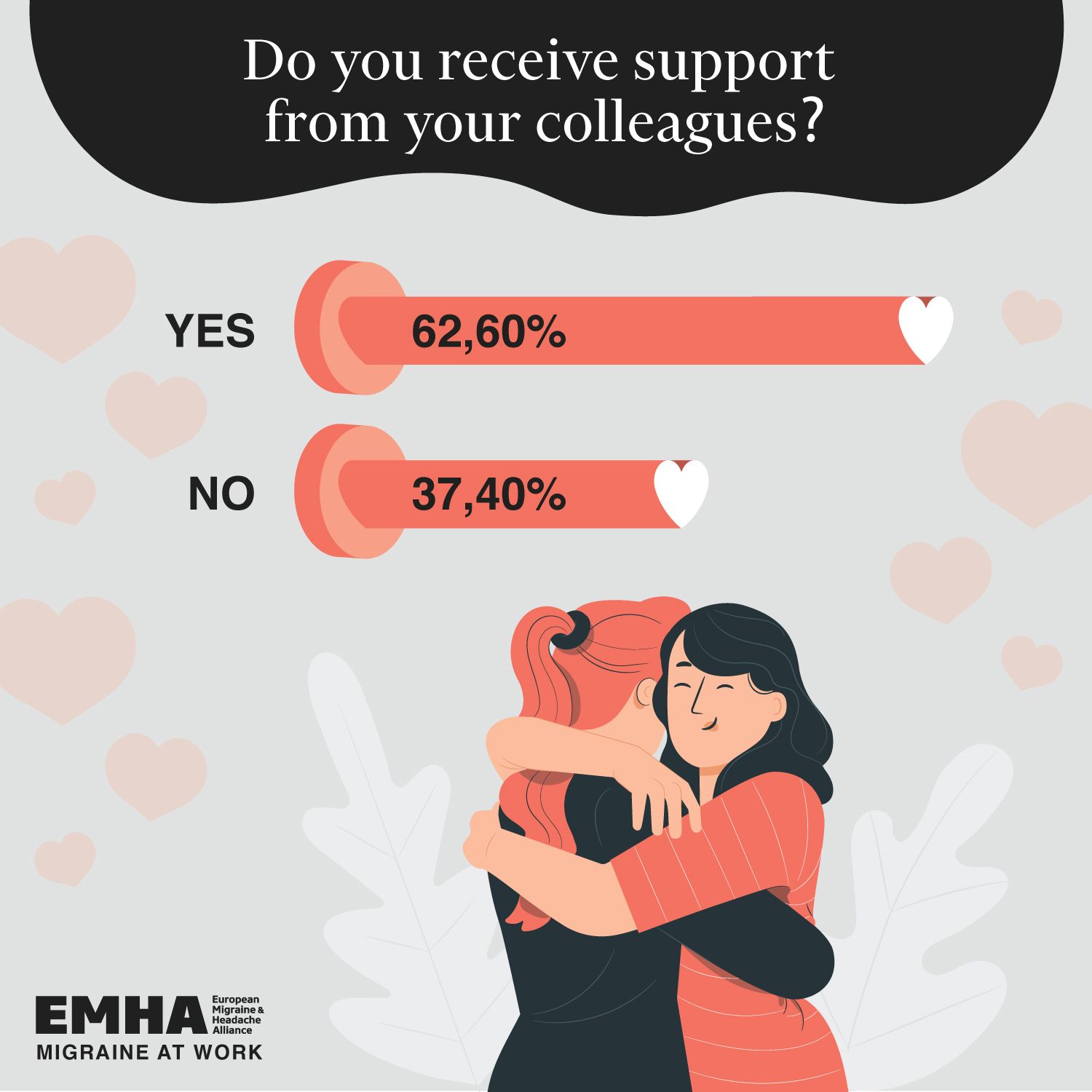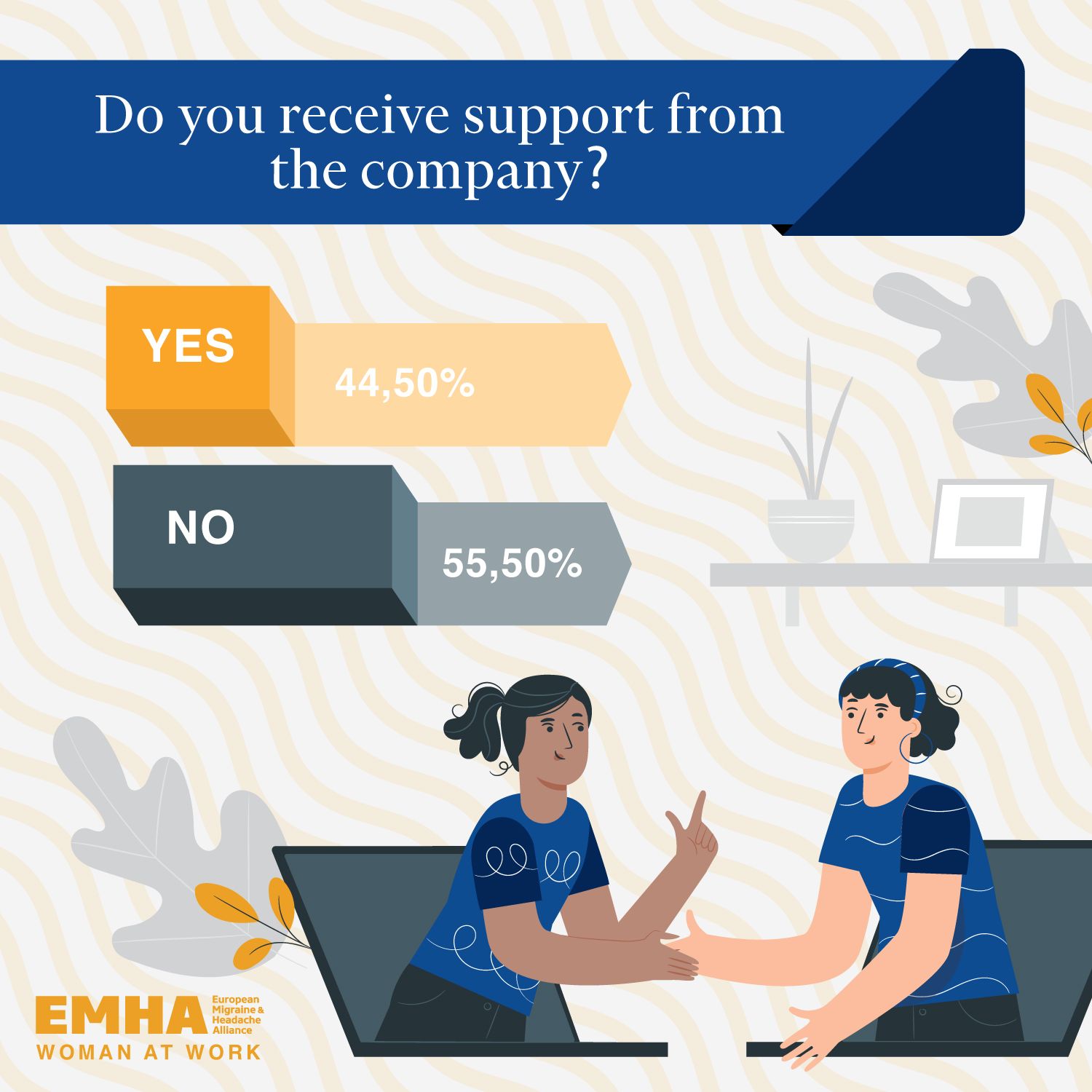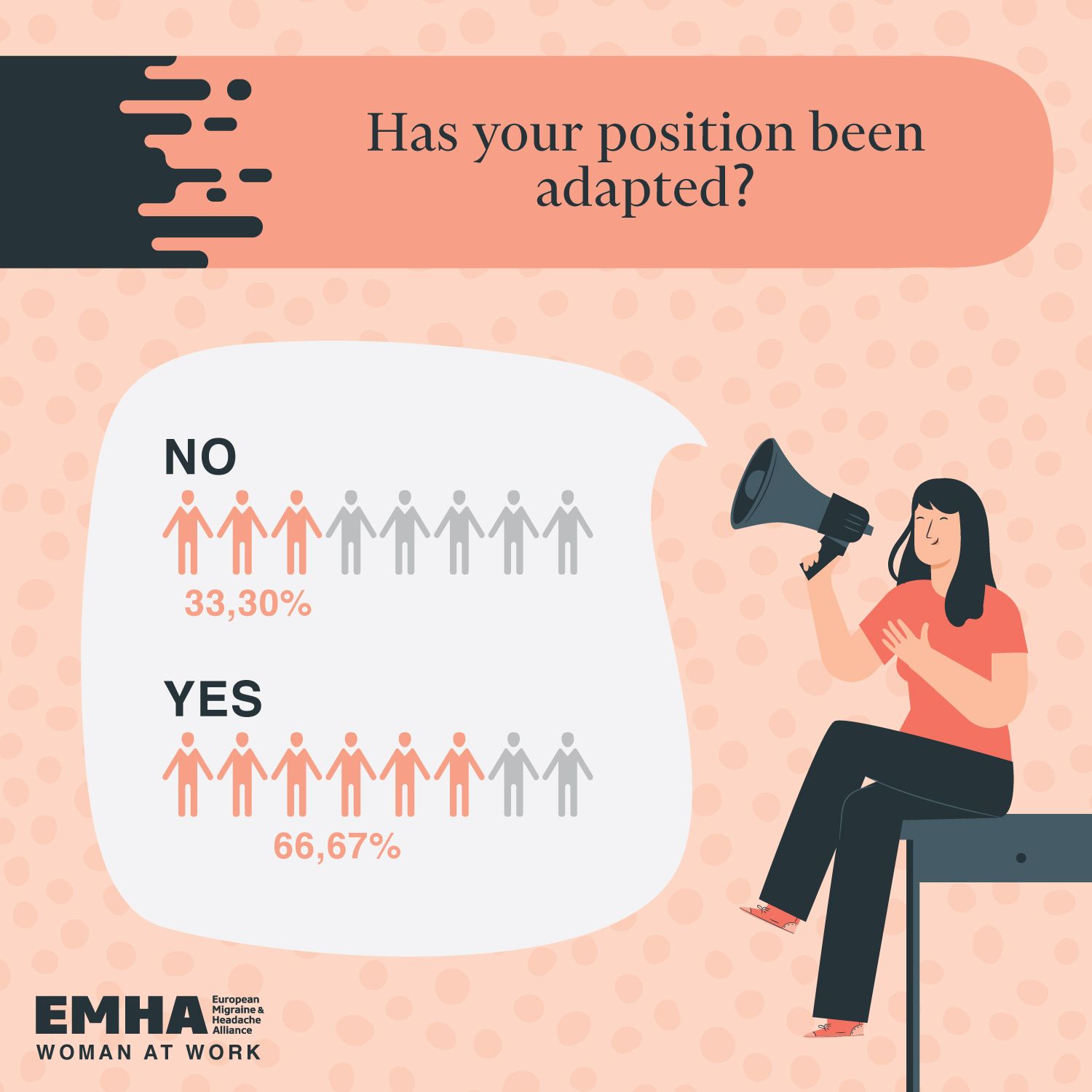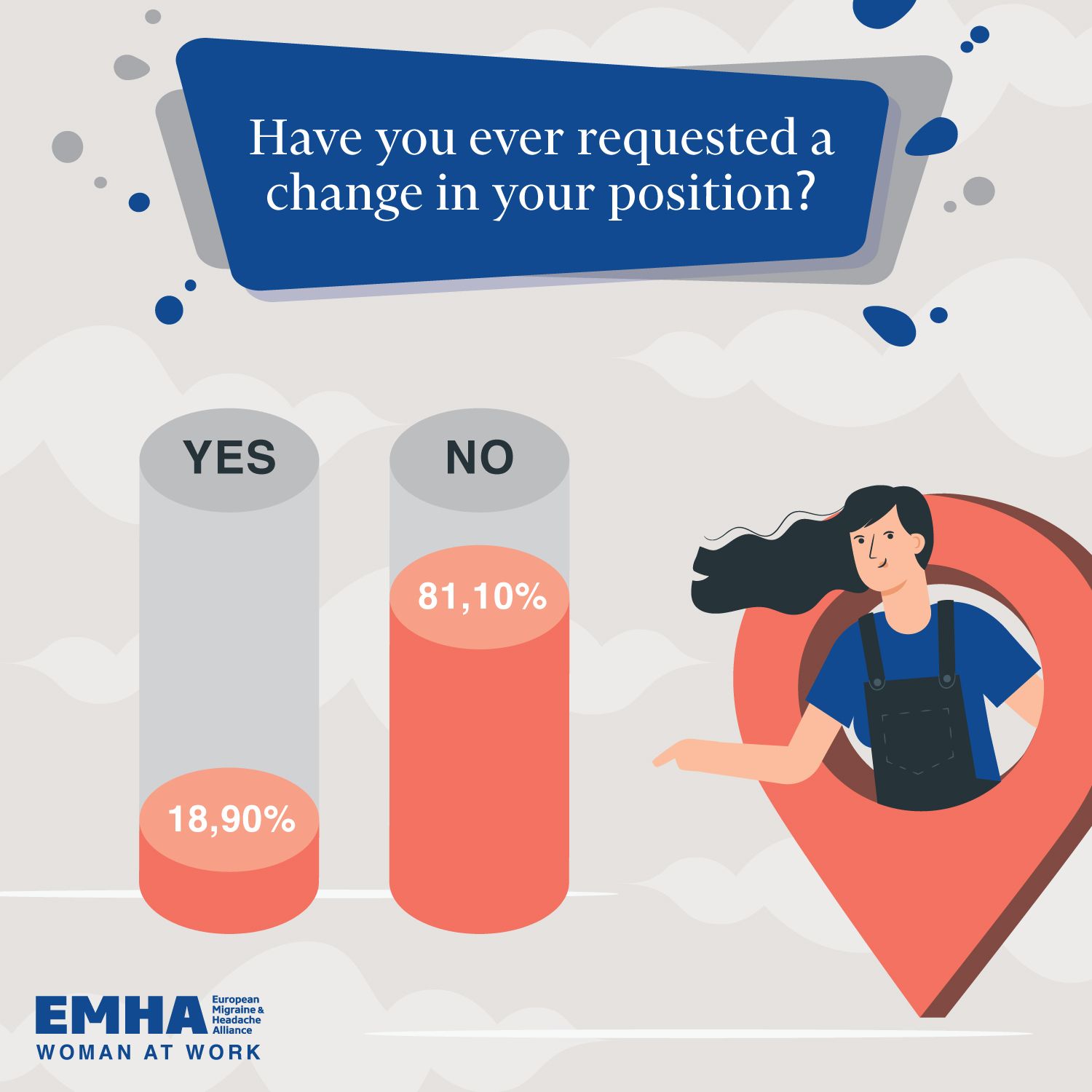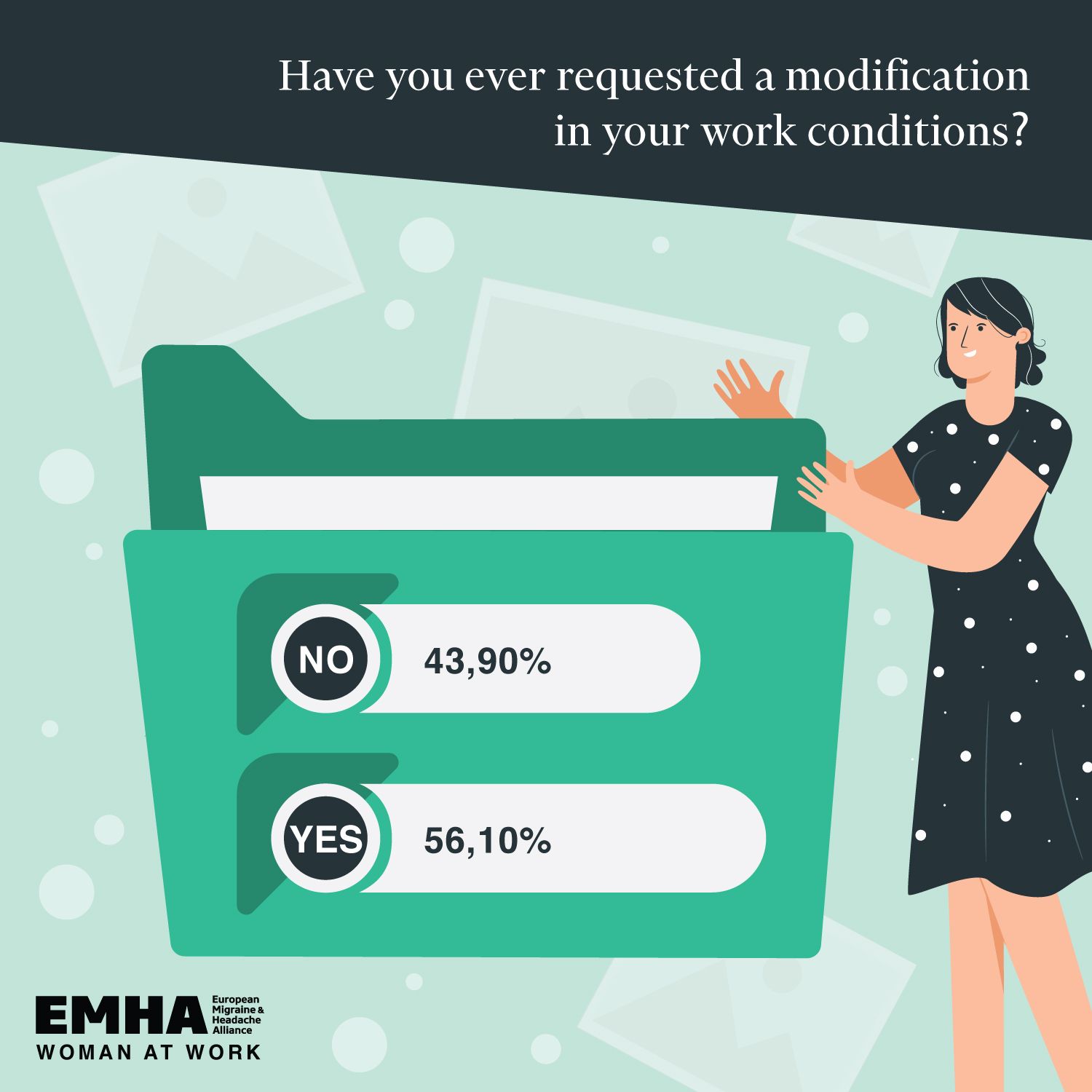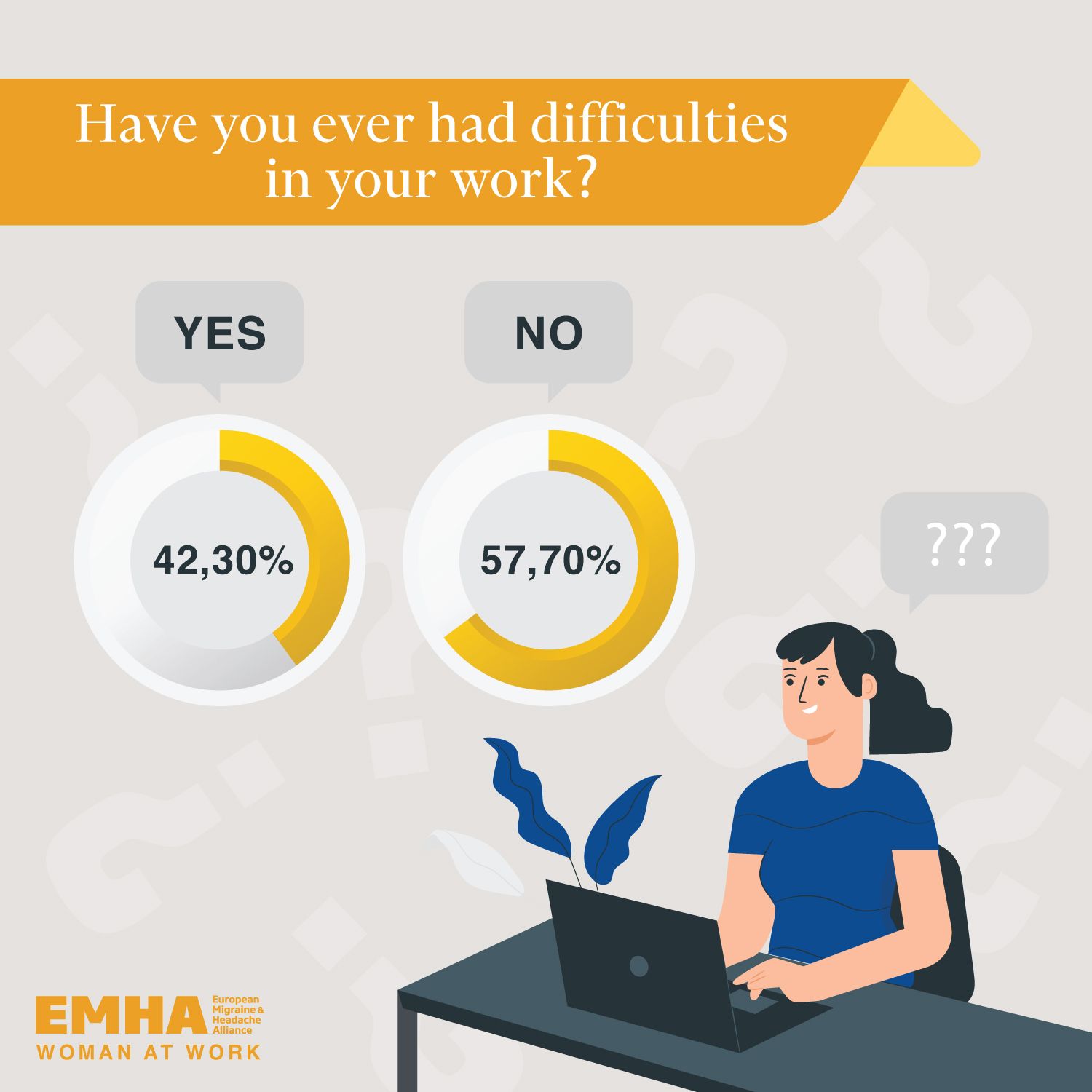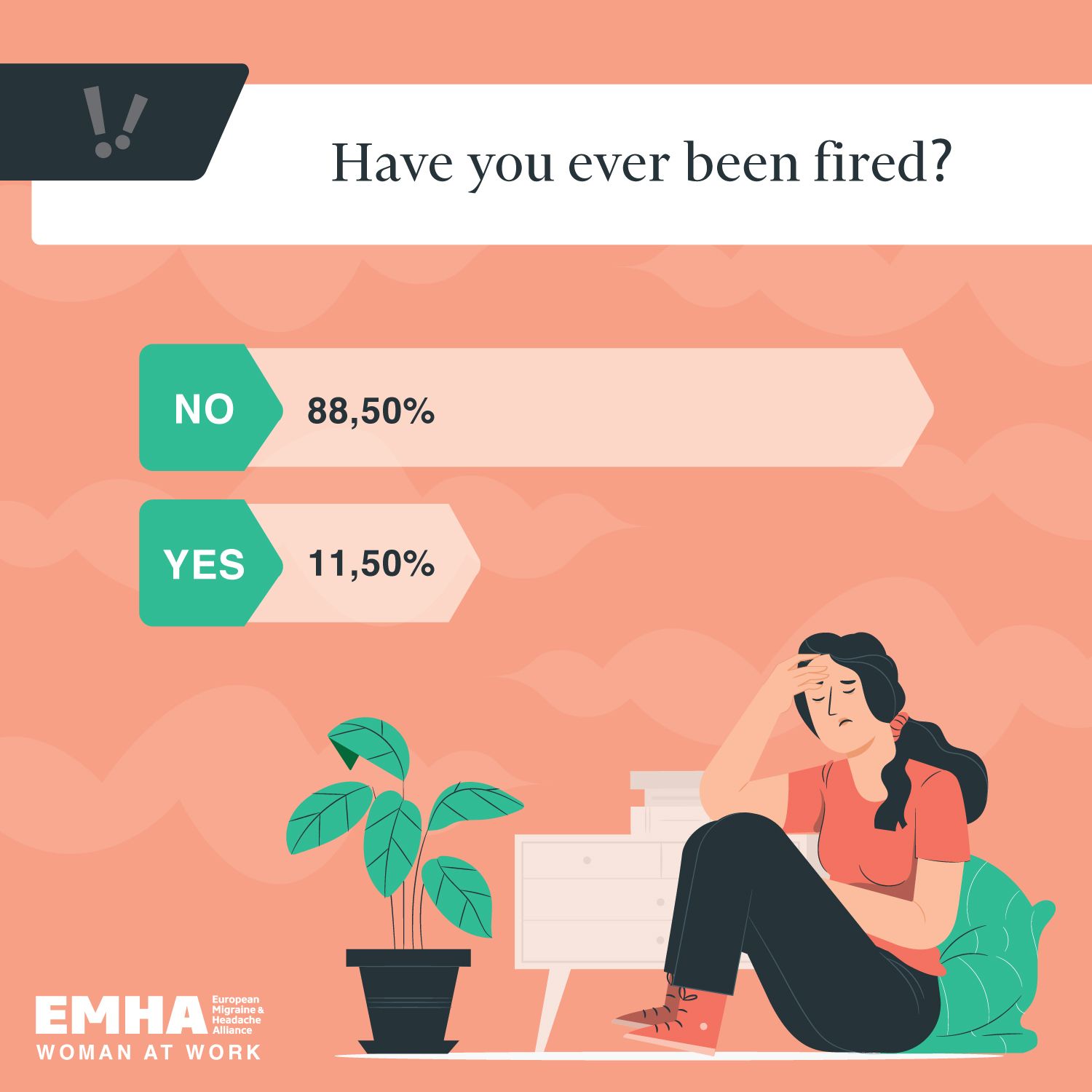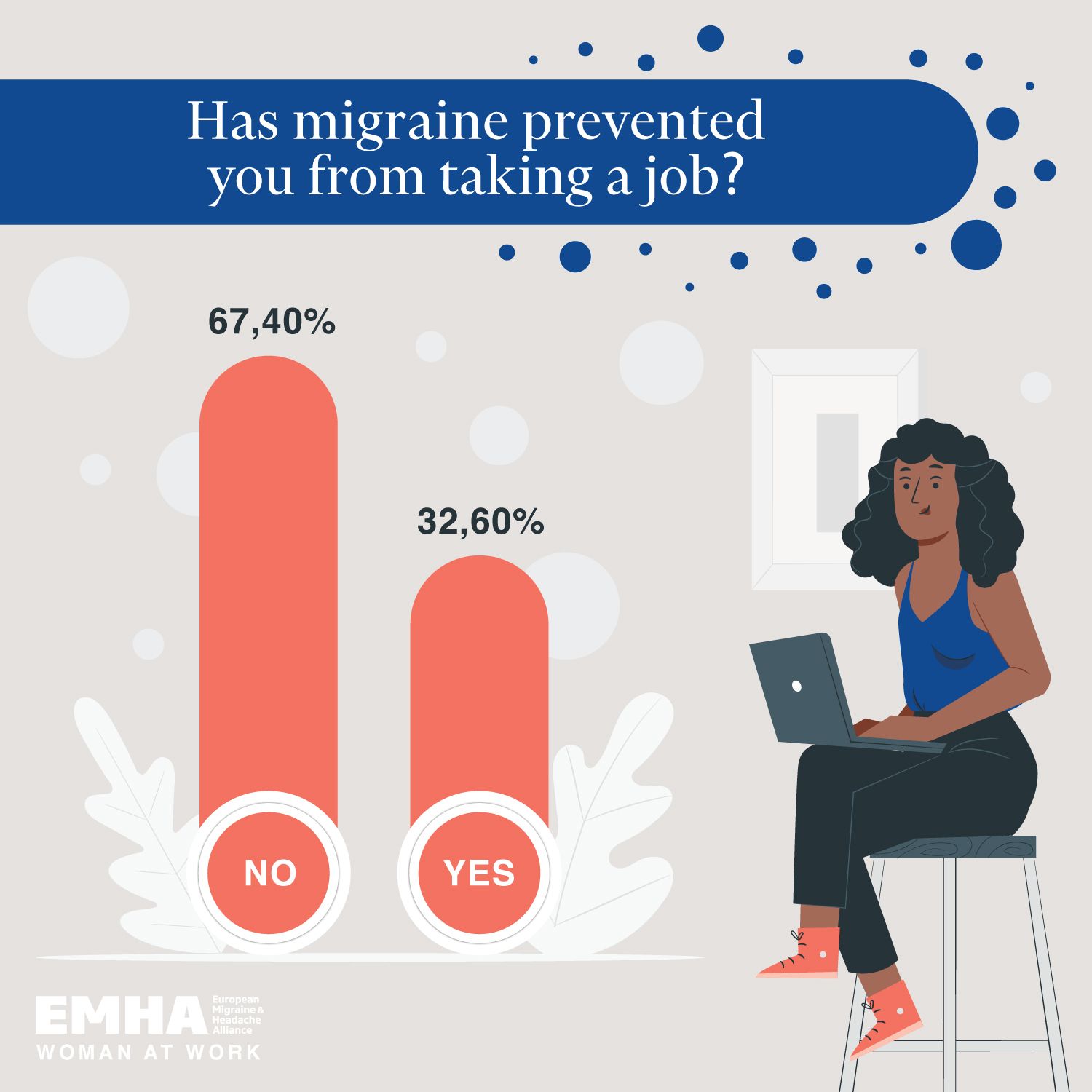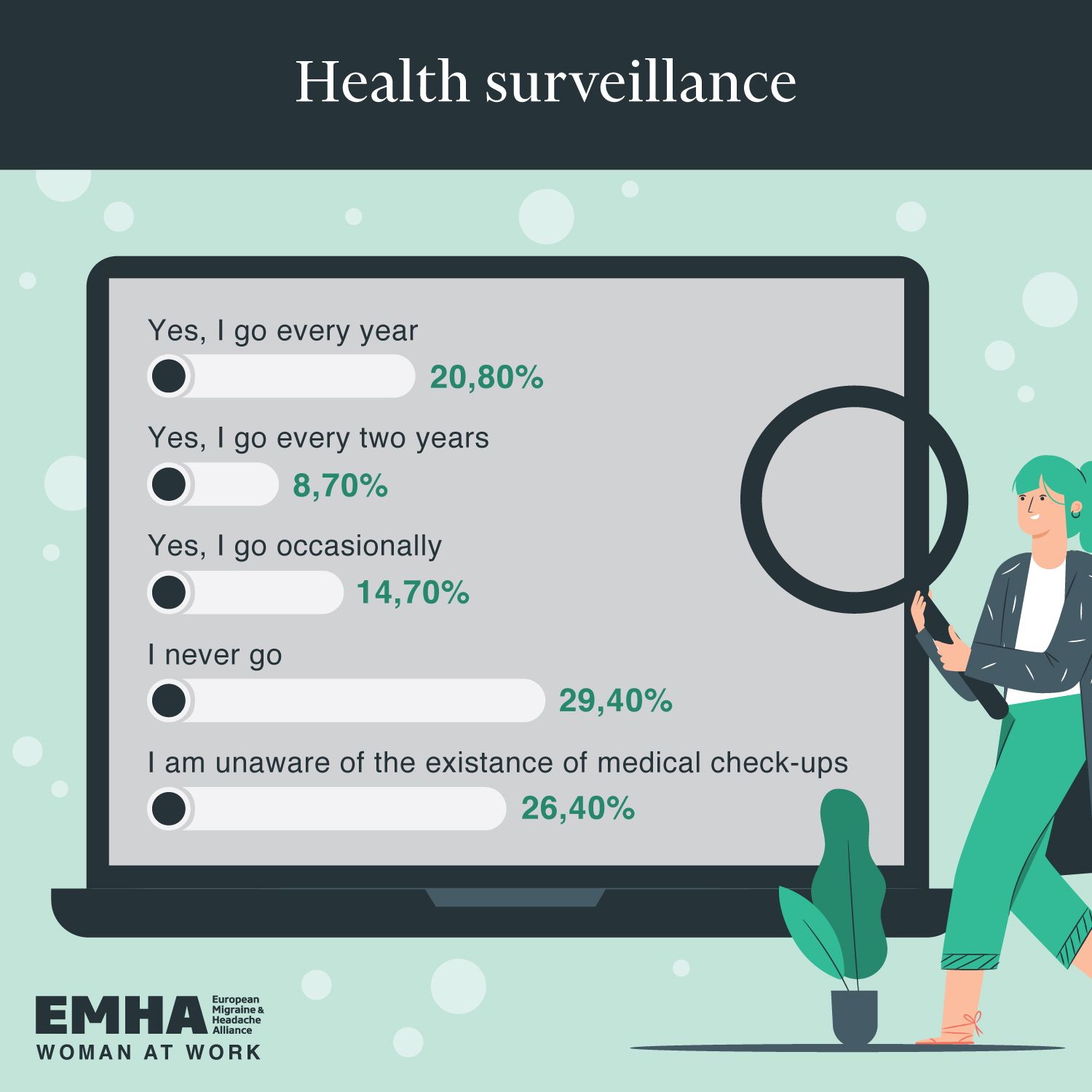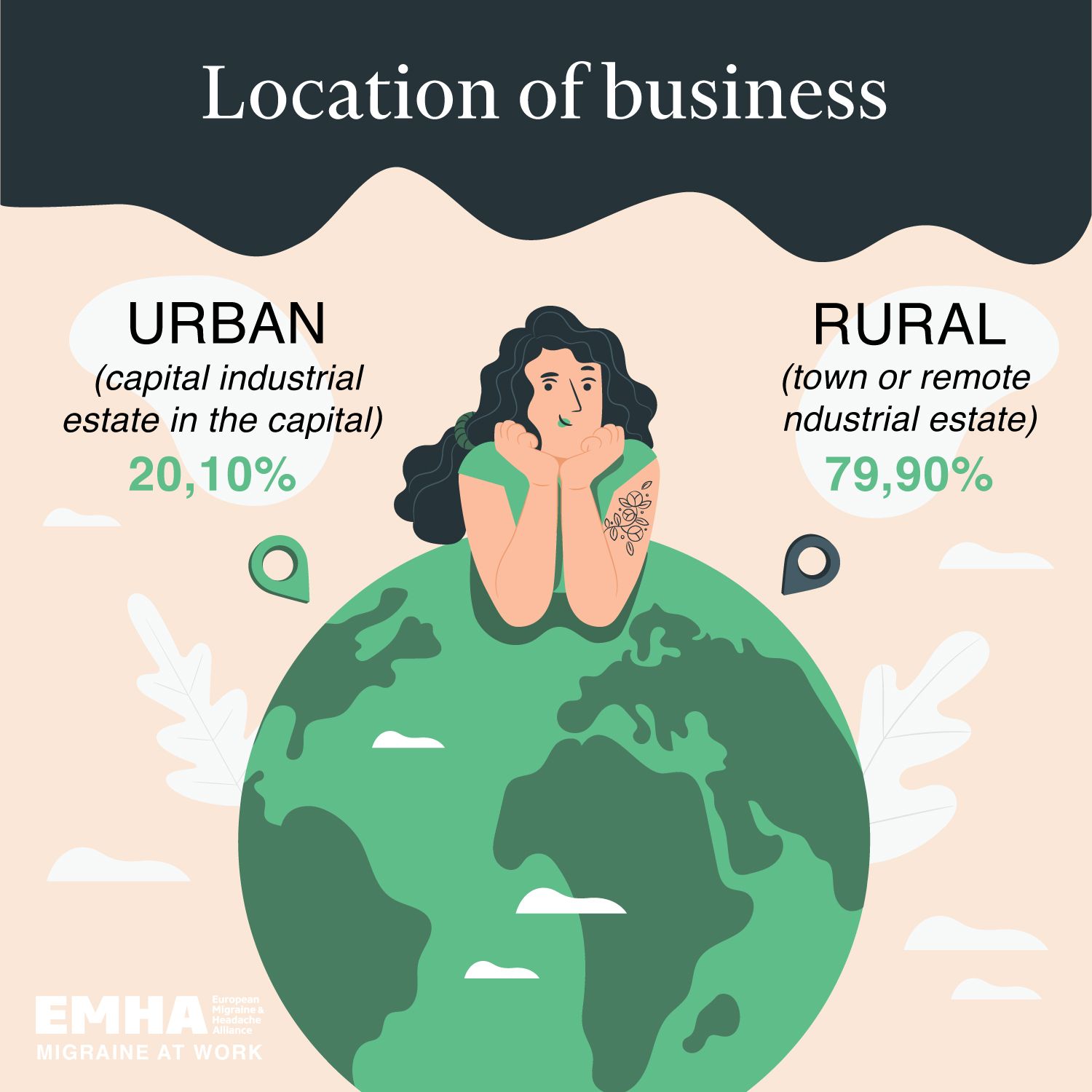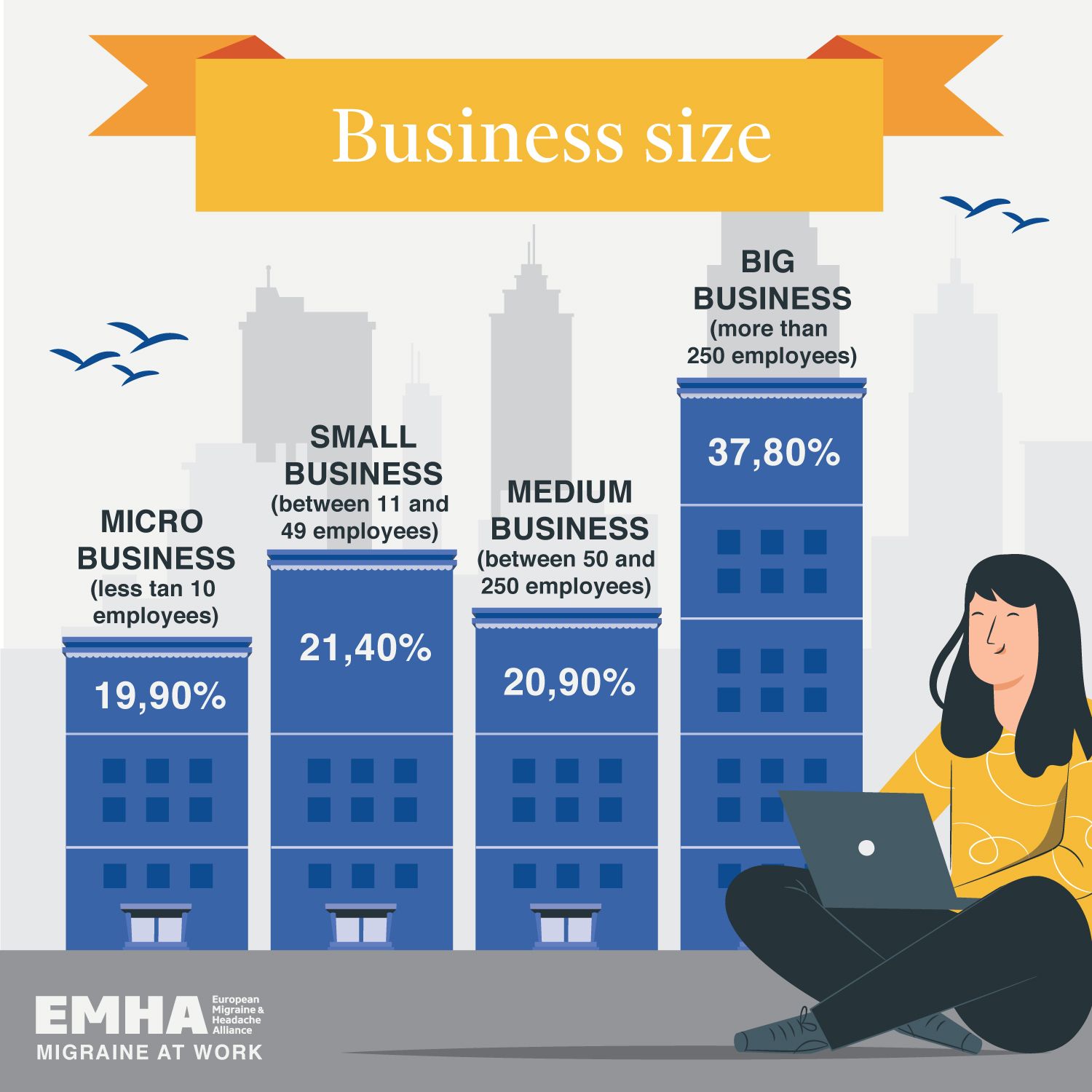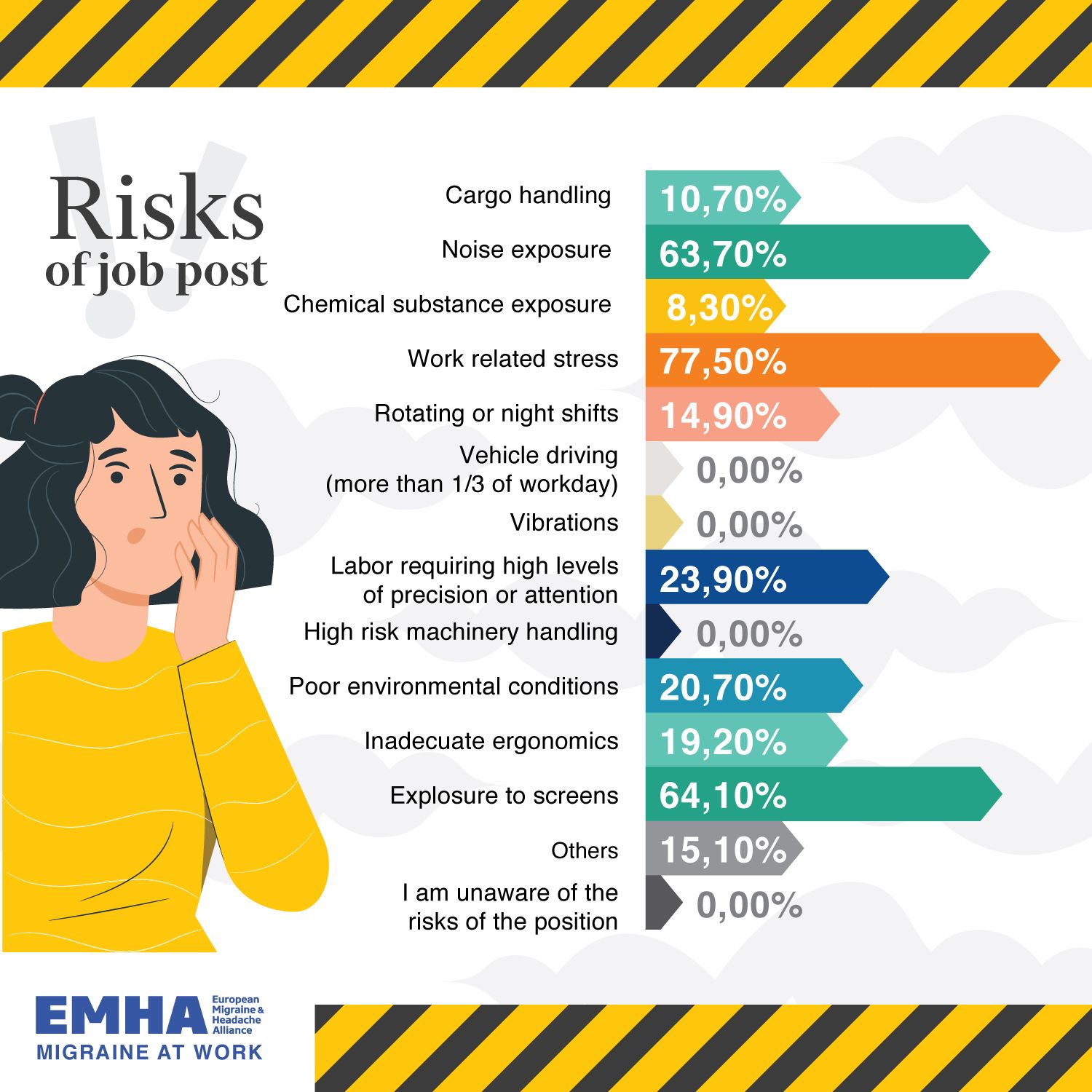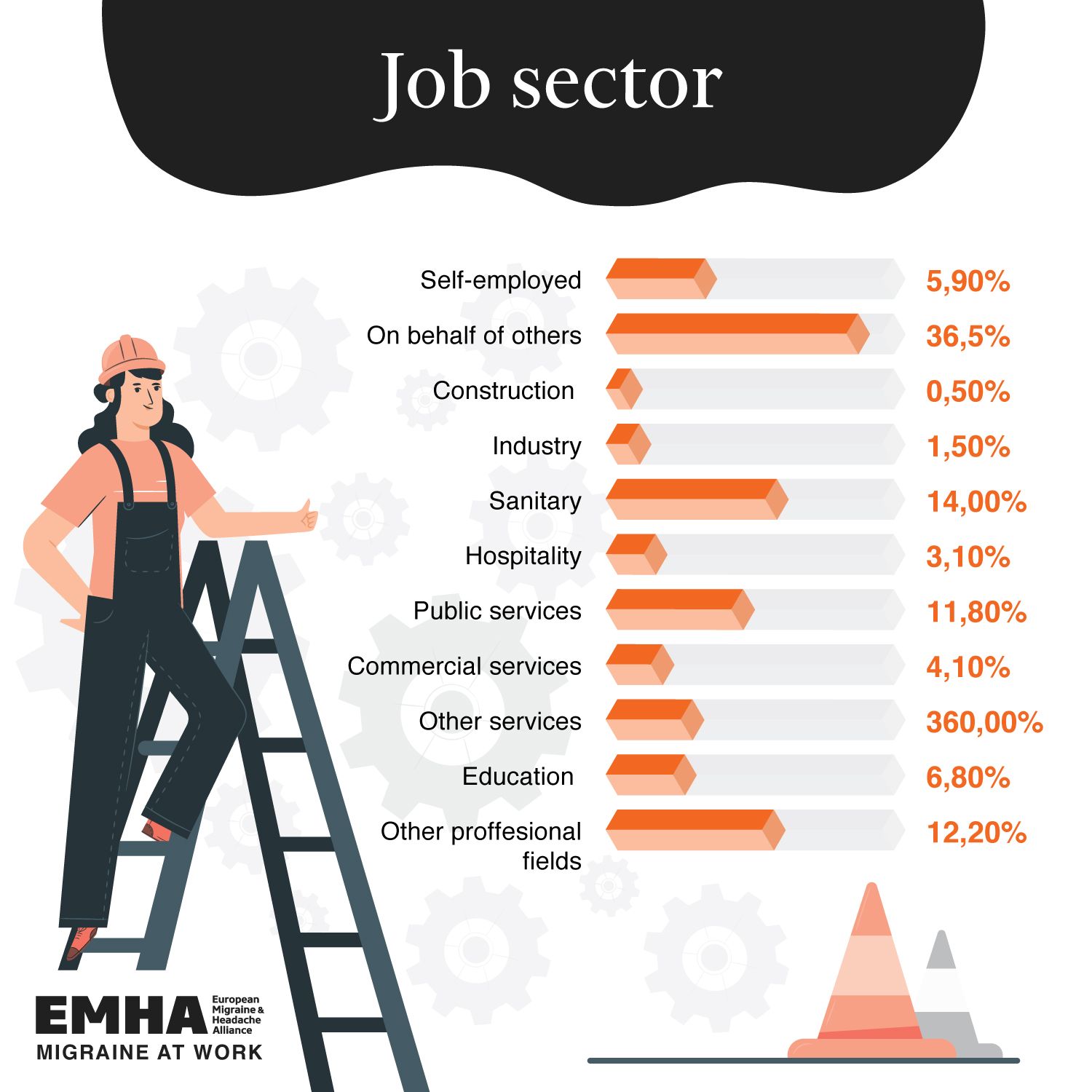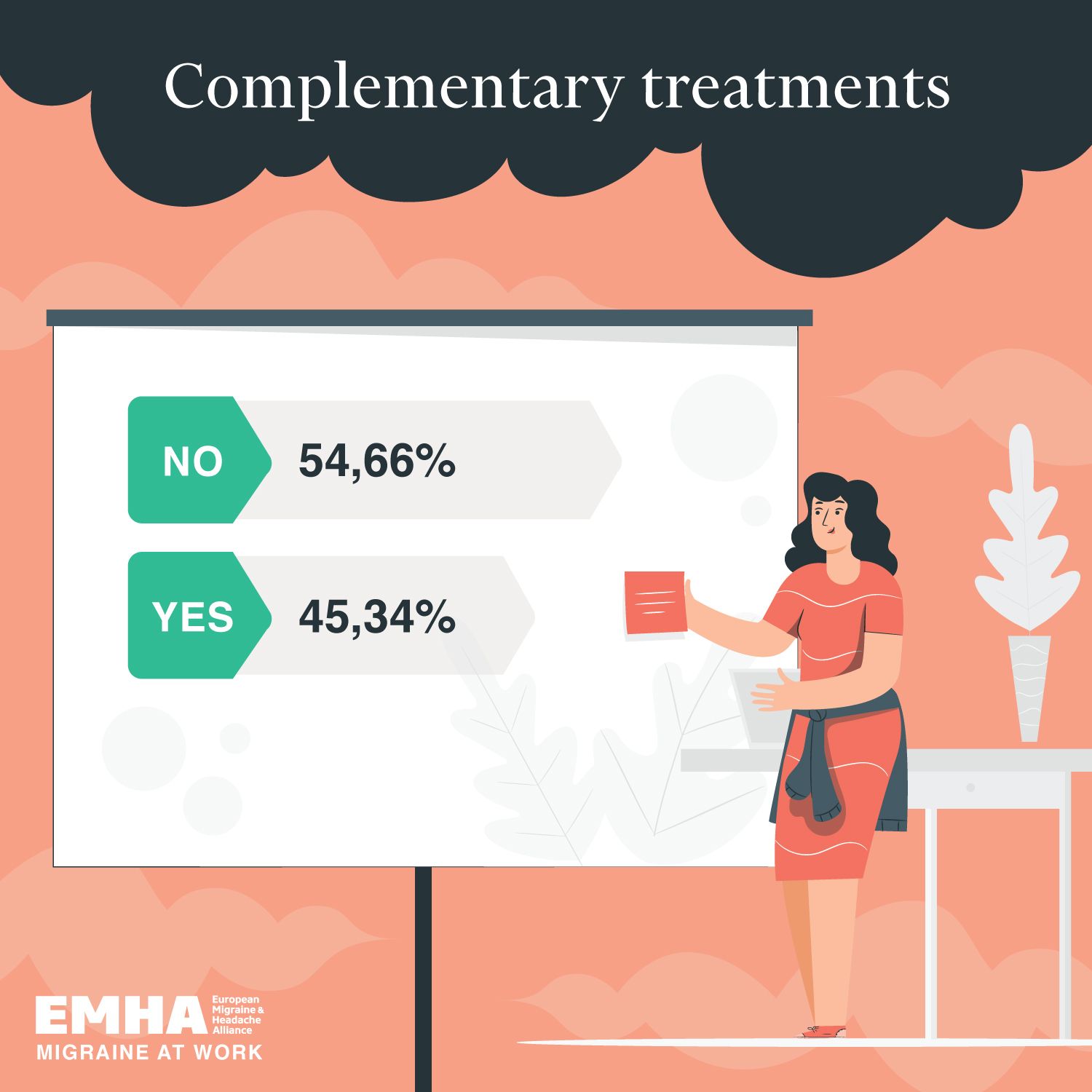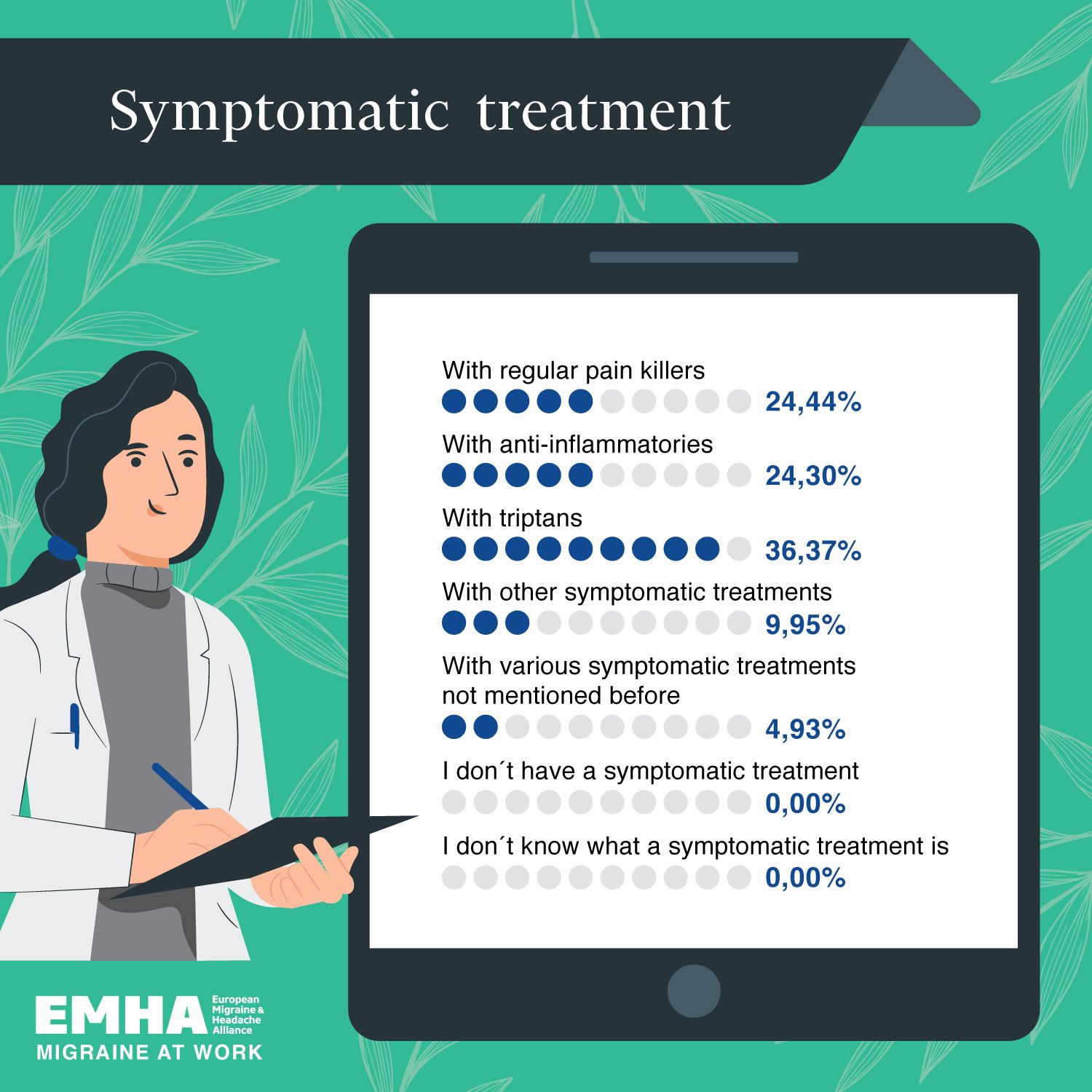Migraine is a major public health challenge that affects 41 million people in the European Union. The challenge is higher when it comes to women: migraine is three times more common in women, a large share of women are still in the front line for childcare and household chore and women make up 67% of the workforce in the EU. Moreover, migraine presents a gender bias with specific consequent impacts on their family and professional life.
Women at Work results from Migraine at Work survey.
7 Countries 7 Languages : France, Spain, Germany, Italy, Portugal, UK and Denmark.
3.350 responders – > 3.008 women.
30 question in three blocks:
a.- socio-demographic questions
b.- disease questions
c.- questions related to their post and real burden
Conclusions from Women at Work study
- Migraine negatively affects patient’s work-life mostly during attacks.
- Disability is not perceived as a permanent condition
- Most Migraine patients need to adapt their work condition in order to function at their best and only sometimes they received support from their employer
- Migraine may be a driver of career choices. Are employers missing important opportunities?
- People with Migraine, are totally capable to develop any job but very often obliged to avoid many of them because of the condition.
- Nor employers or policymakers support affected people with migraine.
- Employers do not receive any advantage either when engaging a worker
